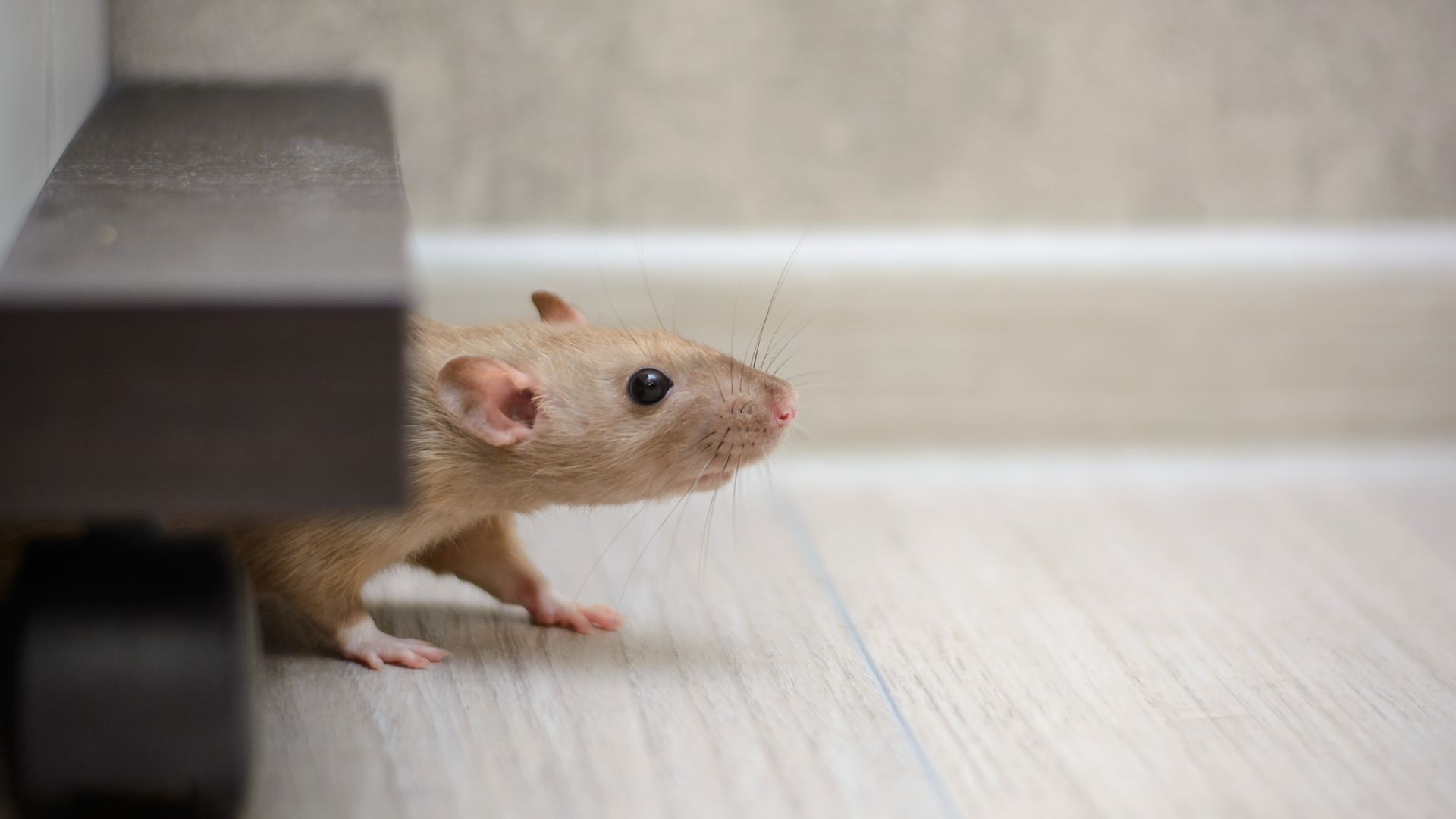Crickets are insects belonging to the order Orthoptera, which also includes grasshoppers and katydids. While crickets do possess mouthparts that are adapted for chewing and consuming plant material, they are not typically known to bite humans or animals in the same way that mosquitoes or certain other insects do.
Crickets have mandibles, which are specialized mouthparts used for chewing food. These mandibles are primarily designed for consuming plant matter, such as leaves, fruits, and seeds. Crickets are largely herbivorous and tend to feed on organic debris, decaying plant material, and occasionally, other small insects. They are also scavengers, consuming dead insects and other organic matter.
While crickets may have the capability to use their mandibles defensively, especially if they feel threatened or cornered, instances of crickets actually biting humans are exceedingly rare. Their mandibles are not adapted for piercing human or animal skin, and they lack the specialized structures, such as the proboscis of mosquitoes or the biting mouthparts of some other insects, that are necessary for effectively biting and consuming blood.
In the exceedingly unlikely event that a cricket were to "bite" a human, it would likely involve a defensive action where the cricket tries to use its mandibles as a last resort. However, the resulting sensation would likely be more of a pinch rather than a true bite, and any discomfort would likely be minimal and short-lived. Furthermore, the possibility of a cricket bite causing any adverse health effects or transmitting diseases to humans is negligible.
While crickets do possess mandibles that they may use defensively, they are not equipped to bite humans in the same way that biting insects like mosquitoes or ticks do. Crickets are primarily herbivorous insects that feed on plant material, and any interaction between crickets and humans is unlikely to result in a meaningful "bite" as one would expect from other biting insects.
What To Do If A Cricket Does Bite You
If you believe you have been bitten by a cricket, it's important to remember that cricket bites are extremely rare, and the sensation you're experiencing might be due to something else. Crickets are not typically known to bite humans, as their mouthparts are not adapted for piercing skin. However, if you're experiencing discomfort or pain that you suspect might be related to a cricket, here are the steps you can take:
- Clean the Area: If you feel a pinch or discomfort from a cricket, gently clean the affected area with mild soap and water. This will help prevent any potential infection if the skin is broken, and it will also soothe the area.
- Apply Cold Compress: If there is any swelling, redness, or mild pain, you can apply a cold compress or ice wrapped in a cloth to the area for about 15-20 minutes. This can help reduce inflammation and provide relief.
- Over-the-Counter Pain Relief: If you experience pain, you can take over-the-counter pain relievers like ibuprofen or acetaminophen as directed to manage the discomfort. Always follow the recommended dosage instructions.
- Observe for Allergic Reactions: While cricket bites are unlikely to cause allergic reactions, it's still a good idea to keep an eye out for any unusual symptoms. If you experience severe swelling, difficulty breathing, hives, or any other signs of a severe allergic reaction (anaphylaxis), seek medical attention immediately.
- Monitor for Infection: Keep an eye on the bitten area for any signs of infection, such as increased redness, warmth, swelling, or discharge. If you notice any of these symptoms, consult a medical professional.
- Seek Medical Attention: If you're unsure about the cause of your discomfort, if the pain or swelling worsens, or if you experience any unusual symptoms, it's always a good idea to consult a medical professional. They can provide accurate advice and treatment based on your specific situation.
Remember that cricket bites are highly unlikely, so it's important to consider other potential causes of your symptoms as well. If the discomfort persists or worsens, seeking medical attention is the best course of action to ensure your well-being.

